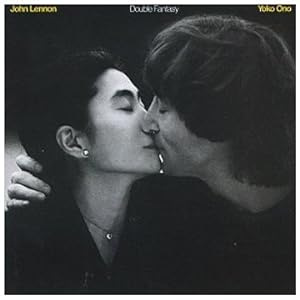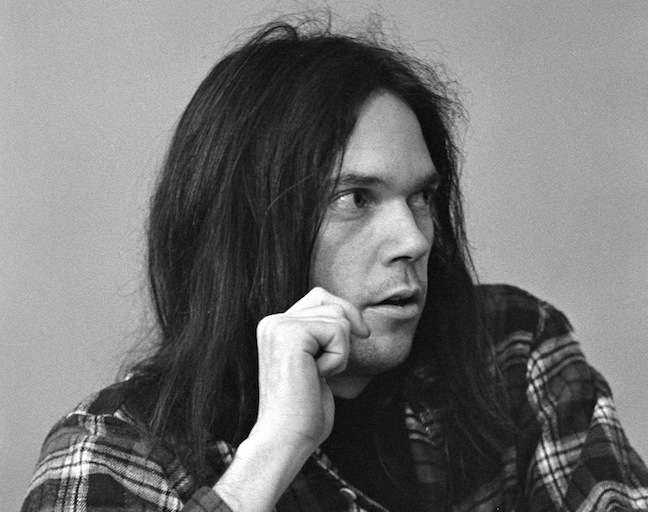
RELEASE DATE September 18, 2015
LABEL: Republic Records
FORMATS: Digital, Vinyl, CD
REVIEW DATE: October 21, 2015
In the middle of Life, Keith Richards’ rambunctious 2010 autobiography, he declares:” I am not here to make records and money. I’m here to say something and to touch other people – sometimes its a cry of desperation: Do you know this feeling?”
Richards’ music over the past 50 years with the Rolling Stones has on occasion lived up to that sentiment. Songs such as Satisfaction, Street Fighting Man and Before They Make Me Run, all contained messages and ideas to which listeners could immediately attach themselves. But more often than not his Rolling Stones contributions have focused on the ephemera of lasting love and the twists and tangles of the sexual tension between men and women. The sentiments often seemed far less important than the menacing beat by which they were propelled.
In solo projects, however, Richards has been far more introspective and self- examining. The two solo albums Talk is Cheap (1988) and Main Offender (1992), produced during a period in which infighting looked likely to end the Stones’ career, offered a view of Richards outside the commercial demands of Stones product, revealing both his sentimentality and his talent for balladry. Never a strong vocalist, he made the most of his thin voice on songs such as Make No Mistake and Take It so Hard, giving them a hard edged charm. Nevertheless, the songs on these two albums had a discouraging sameness that tended to blend them together.
All of which makes Crosseyed Heart, his first solo album in 23 years, such a revelation. Richards’ voice, which has now aged and matured into a deep husk, is a wonderful ragged instrument that he employs to magnificent affect in its lower register in titles such as the opening Crosseyed Heart and mid-album Illusion. But not only that, there is a distinctiveness in the song selection and range in mood, from deep blues to reggae flounce to flat out rock – that brings with it a sense of Richards’s versatility – which was not particularly evident on the earlier albums.
Crosseyed Heart features Richards once again backed by Steve Jordan, who co-wrote the album, and other members of his long time band, the X-Pensive Winos, including vocalist Sarah Dash and guitarist Waddy Wachtel. Together they contribute to an album with a startling survey of the artist’s emotions: first there is the gossamer threaded languor of Robbed Blind: the shimmering elevated loveliness of Just a Gift and the chorus backed, soul inflected tremor of Something for Nothing. Yes, there is also the obligatory Stones swagger ( Trouble and Substantial Damage) which would have fit neatly on any latter-day Stones album (even if sorely missing Charlie Watts’ pneumatic beat). But for the most part, Richards is making a clear statement on Crosseyed Heart that he is much more than simply the rhythm guitarist in Mick Jagger’s band.
The one other important thing to distinguish this disc from other Stones offerings – and even his other solo albums – is the production. While many of the group’s albums were deliberately designed to sound as if they are recorded in a garage – with Mick Jagger’s vocals slurred to an off kilter incoherence –Crosseyed Heart is recorded with all the sophistication the songs deserve: Richards’ diction and articulation is clear and un-muddied; the sounds of the guitars, the piano and the brass are as crisp as crackers snapped in two and the backing female choruses, particularly on songs such as Something for Nothing and Just a Gift, adds a luxuriant aural sheen which allows those songs to soar.
Much has been written about Richards’ drug and nicotine addictions, his scrapes with the law, his convictions and his general physical survival from perilous accidents, but not quite enough of his genuine artistry and his talents as a bluesman. Much like the old bluesmen he admires, many of whom were and still are singing the blues well into old age – Richards, at 71, seems to be just gathering steam and now seems particularly eager to distill his life experience into his art.
That life experience encompasses considerable material. For years pundits have been predicting Richards’s premature demise. In the 1970s and 80s he regularly made the 10 People Most Likely to Die List and songs were even written to urge that he didn’t succumb to his many apparent demons (see in particular Nils Lofgren’s Keith Don’t Go).
He has defied them all. In the Stones’ recent tours he has looked as lean and muscular as he did in the 1970s and although his heavily lined face certainly betrays all the years of hard living, his uncompromising attitude and his defiant machismo – so much a part of the Stones’ image – carries on.
But there is something on this record which provides a deeper truth than just the mere fact of the man’s survivability.
In the third verse of Robbed Blind, Richards raises his voice two octaves above his normal bass register and projects, at a caterwauling pitch, the words: “Cause it ain’t about the money, honey.” It is a moment of pure transcendence, brimming with vim and conviction.
After this happens, I can sit back in my chair, raise the dial and with complete candor report back to the artist himself: ” Yes, Keith, I know this feeling.”
Avi Davis is the president of the American Freedom Alliance and the editor of the Intermediate Zone
never



 Posted by avidavis
Posted by avidavis 






Al Stewart in Concert
February 15, 2010OK. So anyone working to save Western civilization deserves a break every now and then. And this was a good one. I have been an Al Stewart fan since I picked up a copy of Past, Present and Future, Stewart’s fifth LP, in 1973. Since then I have become an avid collector of Stewart albums, noted for their lilting vocals, elegant fret work and preponderance of historical themes.
I guess its the historical songs which always grab me because there is not all that much to distinguish one Stewart melody from the next and his voice, even at age 65, still flutters above the song in that thin, fey tremolo he possessed when he was still a starry-eyed folkie sharing digs in London with Paul Simon.
But I enjoyed this concert as much for Stewart’s banter, which revolved largely around dead and forgotten presidents, than his explanations for the provenance of his songs. Accidental president Millard Fillmore became a staple of the evening, as did Franklin Pierce, William Henry Harrison( president in 1841 for only six weeks); his grandson , the humorless Benjamin Harrison; Warren G. Harding ( who once received his own song on a Stewart disc) and ‘Silent Cal,’ – Calvin Coolidge. He peppered the concert with gossip about all these men, which I, at least, appreciated since I knew almost every anecdote he told (which makes me, I guess, as a much of a historical geek as the singer himself).
But beyond that there were some lovely moments on stage. I mean, you just can’t beat that wailing sax on Year of the Cat, or the great guitar riff of Time Passages – especially in an intimate setting like McCabes in Santa Monica, since the crispness of the horn and the rolling thunder of the guitar almost lifts you off your seat. Other joyous moments came with the Django Rheinhardt- influenced Night Train to Munich (from Between the Wars) and chilled atmosphere of Antarctica ( from Last Days of the Century).
Adding to the resonance of the music were his two band mates, the scintillating guitarist Dave Nachmanoff and the multi-instrumentalist (bongos, maracas, harmonica, alto, tenor and soprano sax) Louis Marcias. The easy interplay between the three of them was quite lovely to behold.
Share this: